NBR to collect travel tax directly from outbound passengers
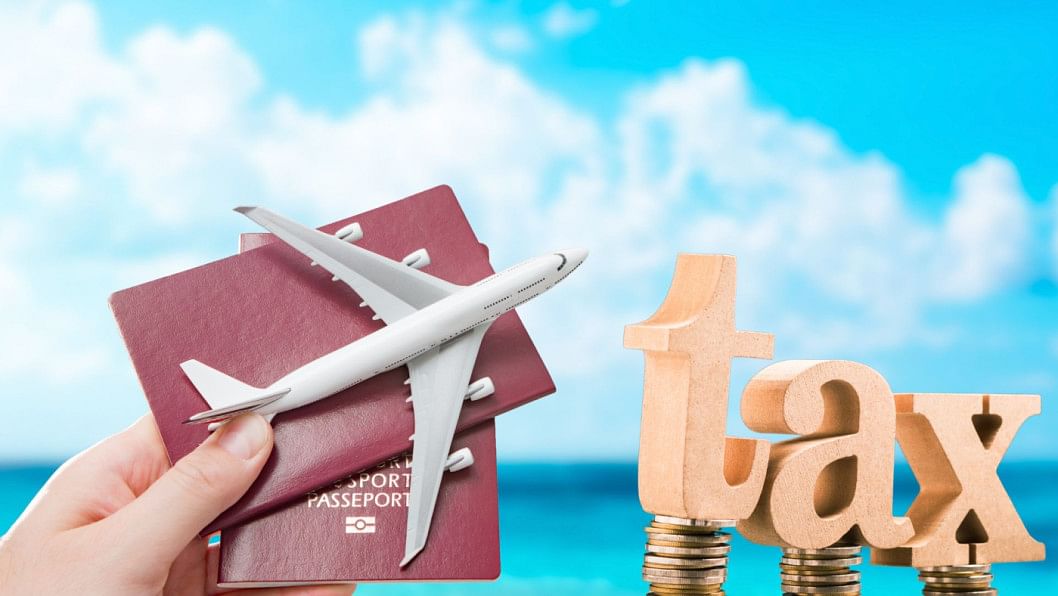
The National Board of Revenue (NBR) is set to introduce a new system for collecting travel tax directly from outbound passengers, replacing the current practice where airlines include the tax in ticket prices and later deposit it into the state coffer.
NBR Chairman Md Abdur Rahman Khan announced the move during a pre-budget discussion with relevant stakeholders held at the NBR headquarters in Dhaka's Agargaon yesterday.
Currently, airlines collect the travel tax on behalf of the government, but the funds often do not make it to the state treasury properly.
"We are working on a mechanism that will allow passengers to conveniently pay the tax themselves and obtain an official challan (receipt)," Khan said.
"The process will be made simple enough that passengers can even pay the tax directly at the airport," he added.
At the budget discussion, the NBR chairman also criticised sweetmeat traders, accusing them of widespread VAT evasion by not issuing receipts and failing to use electronic fiscal devices (EFDs).
"None of the sweet shop owners give VAT receipts. They don't use EFDs either," the NBR chief said.
"I've bought sweets from many places over the years and paid VAT every time, but that money never reached the government treasury. I've never once received a proper VAT receipt from any sweet shop," he added.
Khan made these comments in response to a proposal by the Bangladesh Sweets Manufacturers Association to reduce VAT on sweetmeats from the existing 10 percent to 3 percent.
The association's secretary general, Noni Gopal Ghosh, argued that when VAT was 7.5 percent, revenue collection from the sector was actually higher.
Dismissing the claim, the NBR chairman said, "You're suggesting that revenue increases when the VAT rate is lower. That's an absurd idea. This kind of magical thinking doesn't reflect reality."
To address the issue, the NBR is planning to introduce a VAT-inclusive pricing model for sweetmeats, similar to the one used in superstores.
The NBR will include VAT in the price of sweets so that customers do not even notice, according to Khan.
"We're preparing a directive that will calculate VAT based on the total value. The customer doesn't need to know how much VAT they've paid — the same system already works in superstores," he said.
At the discussion, representatives from various trade associations put forward a range of proposals aimed at easing business operations.
The Aviation Operators Association of Bangladesh called on the government to exempt jet fuel from import duties and VAT, as well as to lower taxes on various aircraft components.
In his closing remarks, the NBR chairman assured business leaders that the revenue authority is committed to streamlining regulations and making processes more business-friendly.
"Our key focus in this year's budget is to facilitate trade, plug loopholes, and reduce inequality," he said.

 For all latest news, follow The Daily Star's Google News channel.
For all latest news, follow The Daily Star's Google News channel. 

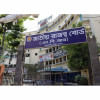

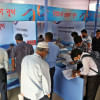
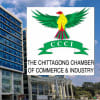
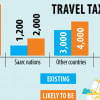


Comments